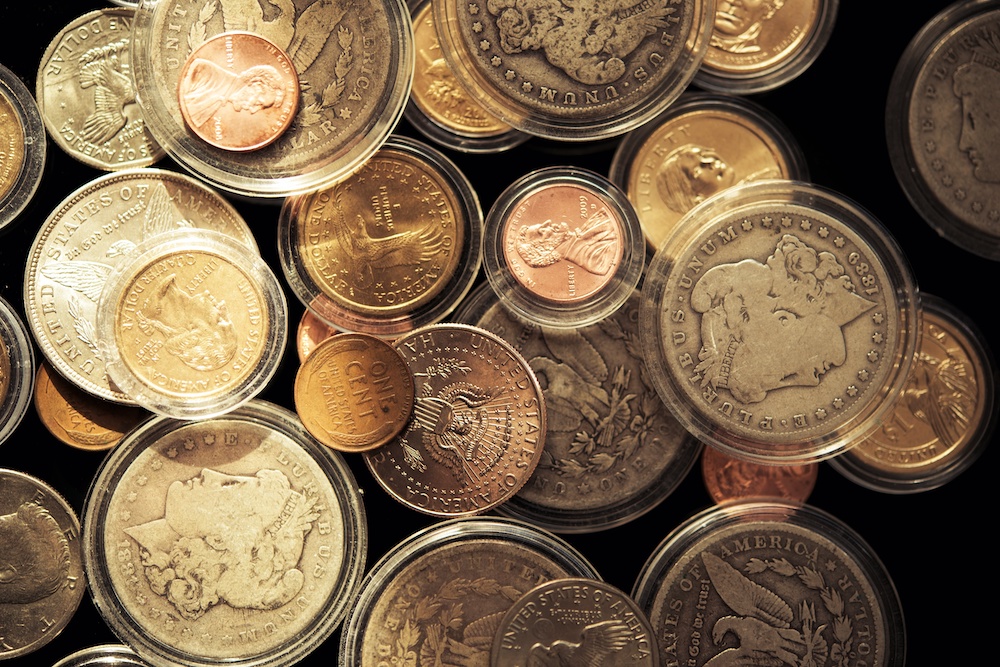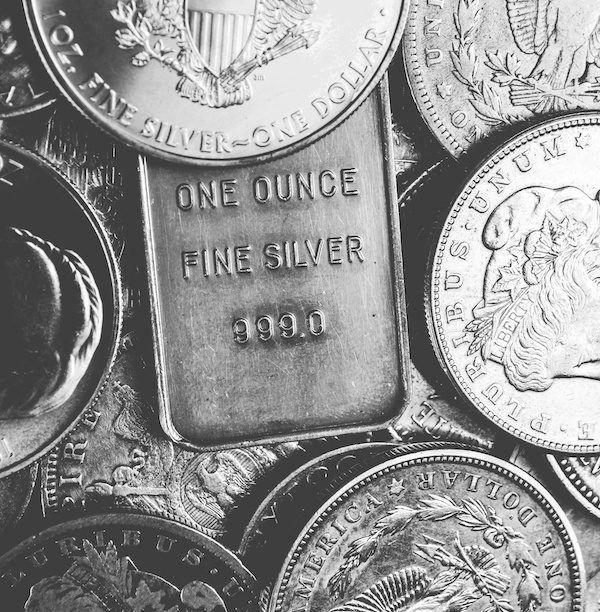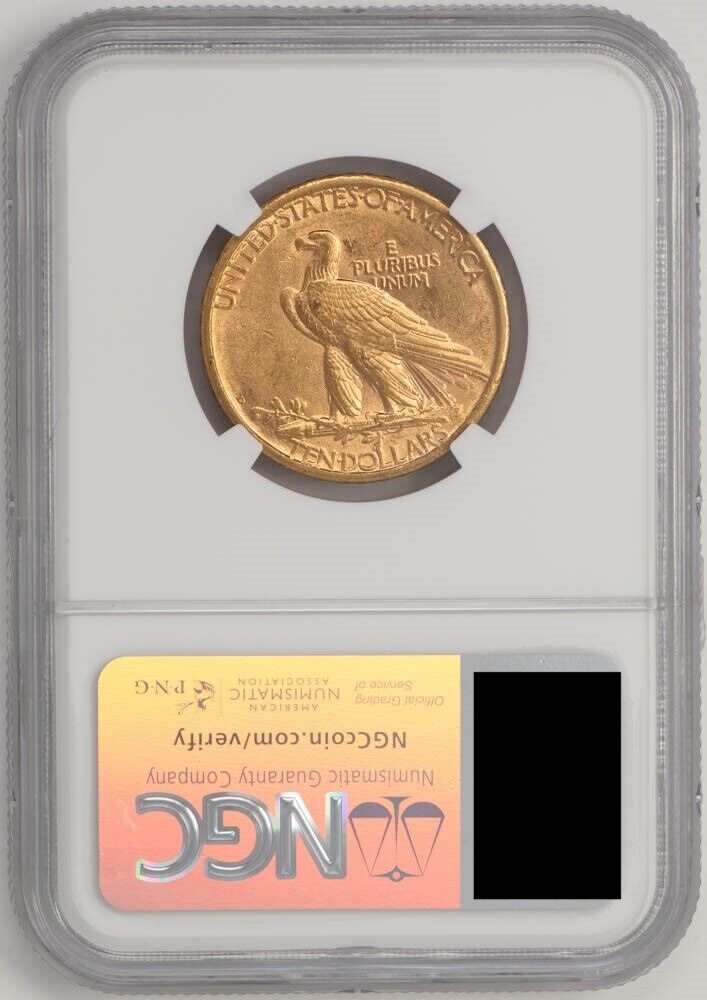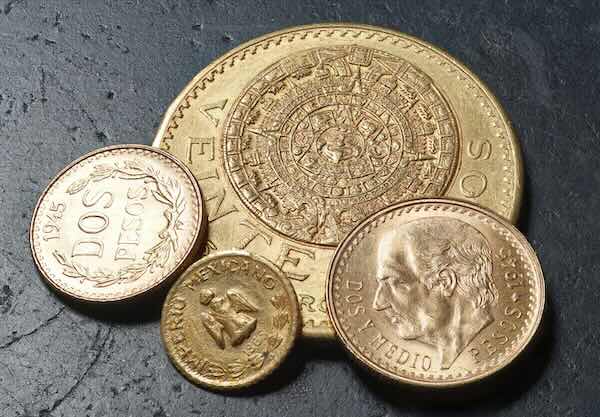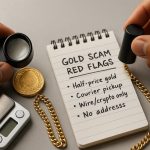Finding a box of old coins in the attic can be exciting, but deciding when and how to sell them can be complex. Whether you’re a novice or a seasoned coin collector, it’s crucial to understand the market dynamics and have a strategy for divestment. This guide provides insights into the best practices for selling your coins, from research and valuation to finding the right buyers and understanding tax implications.
Steps to Take Before You Sell Coins

Begin by sorting and cataloging your coin collection. Many collectors organize the coins by denomination, country of origin, and year. They use a spreadsheet or coin-collecting software to make it easy to sort, manage, and record unique traits or properties.
Research Resources
Research your coins using books or online resources, or contact local dealers to seek professional coin appraisals. Look for information on coin values, rarity, and historical significance.
Numismatic books and catalogs that focus on a specific type or era of coins often contain historical information, mintages, and pricing data. Coin guides and price guides that are commonly referenced in coin stores, pawn shops, and by coin dealers, such as the “Red Book,” a Guidebook of United States Coins, are available from Amazon and other bookstores. This is one of the most widely used reference books by coin collectors and numismatists and provides detailed information and price estimates for thousands of coins.
Additionally, online resources, such as Numista.com, FindBullionPrices.com, PCGS, and NGC, offer extensive databases and can provide additional insights into coin values, history, mintages, composition, circulation, and other worthwhile information. You can search by country, type, year, and denomination to find information about your coin.
Numismatic forums like Coin Community Forum and Collectors Universe are excellent places to ask questions, share photos, and learn from experienced collectors.
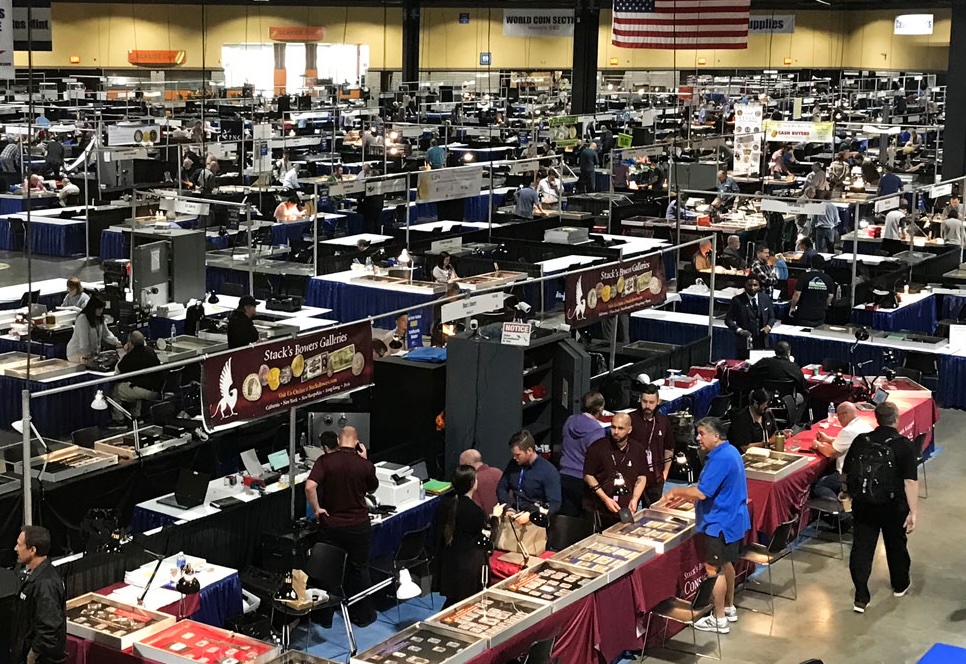
Local coin shows, and coin club meetings can help you meet other collectors who share a similar passion for collecting. These events are excellent opportunities to meet knowledgeable collectors, dealers, and experts who can provide information and guidance.
Once you’ve identified your coins, determine their approximate value. Keep in mind that a coin’s condition (graded on a scale from poor to mint state) significantly impacts its worth.
Reputable coin dealers in your area can offer insights, appraisals, and information about the coins in their inventory.
For rare or valuable coins, consider getting a professional appraisal that can give you a more accurate assessment of your coin’s value.
Estimating Coin Values
Condition and Grading
Many older coins have been in circulation and have suffered wear and tear. For collectors and investors, a coin’s condition can make the difference between its intrinsic metal value being worth thousands of dollars more or less.
Coins that remain in mint state (uncirculated) or proof condition are rarer because fewer have survived in such pristine condition, making them more desirable to collectors.
Even common-date coins can carry a significant premium if they are in exceptional condition, particularly with coins that exhibit rare features such as Franklin Half Dollars with Full Bell Lines (FBL) or Deep Cameo on-proof coins.
Places to Sell Coins and Find the Right Buyer
Visit local coin shops or contact coin dealers specializing in your type of coin. They can provide offers based on their expertise.
Websites like eBay, Heritage Auctions, and GreatCollections allow you to list your coins for sale. However, you must be prepared to handle shipping and potential fees.
Set a reasonable and competitive price based on their condition and market demand when selling your coins. Research recent sales of similar coins to gauge their market value.
Understand that dealers will be knowledgeable about current coin values, so be realistic in your expectations and have some understanding of the current market value.
Local Coin Shops and Dealers
One of the easiest ways to sell your coins is by visiting local coin shops or contacting coin dealers specializing in your type of coin. These dealers have extensive knowledge and can offer you an offer based on their expertise.
Remember that coin shops often offer slightly less than full market value since they need to resell the coins for a profit. Consider visiting multiple shops to compare offers to ensure you’re getting a fair price.
Online Auctions and Selling Platforms
Websites like eBay, Heritage Auctions, and GreatCollections provide platforms for listing your coins for sale. These sites allow you to reach a large audience of potential buyers but be prepared to handle the logistics.
You’ll need to manage shipping, customer inquiries, and any fees the platform may charge. For instance, eBay charges final value fees, while auction houses take a commission on sales. Before listing, it’s a good idea to research completed sales of similar coins to set a competitive price.
Online forums and communities like Reddit and CoinTalk offer spaces to connect with other coin enthusiasts. These platforms help you get advice, discuss the value of your coins, and even find potential buyers.
Although these forums are less formal than auction houses or online marketplaces, they can be valuable for learning more about the coin market and connecting with other collectors.
Coin Shows
Coin shows are a great way to connect with dealers and collectors in person. These events allow you to showcase your coins and negotiate directly with potential buyers.
Remember that most dealers at coin shows know about current coin values, so it’s essential to set realistic expectations. Before attending, please familiarize yourself with the market value of your coins to ensure you are prepared for negotiations and don’t sell for less than their worth.
Attend coin shows in your area to meet dealers and collectors interested in your coins. Understand the current market value to set realistic expectations.
Consignment Auctions
If you have rare or valuable coins, consigning them to a reputable auction house can be brilliant. Many auction houses specialize in rare coins and have a broad network of collectors and investors.
When you consign your coins, the auction house usually appraises and professionally grades them to determine their condition and true market value. This appraisal helps set appropriate prices and create detailed descriptions for your coins.
The consignee will then market your coins through various channels, including live auctions, online listings, and direct sales to their clientele. While auction houses typically take a percentage of the sale as a fee, they provide expert marketing and exposure that can help you achieve higher sale prices.
Tax Implications When You Sell Coins
Capital Gains Tax on Coins
In the U.S., the IRS classifies coins as collectibles under the tax code. You may be subject to capital gains tax when selling coins for a profit. Understanding how the tax works, the rates involved, and how it applies specifically to coin collectors and investors is essential.
If you hold coins for one year or less before selling them, any profit is considered a short-term capital gain and is taxed at your ordinary income tax rate.
If you hold coins for more than one year before selling, the profit qualifies for the long-term capital gains tax rate.
Unlike other long-term investments like stocks or real estate, which are taxed at a maximum of 20%, collectibles are taxed at a higher maximum capital gains tax rate of 28%.
Factors such as the holding period (short-term vs. long-term gains) and your overall income can affect the tax rate.
Given the complexity of tax laws and regulations related to numismatic coins, it is advisable to consult with a tax professional or accountant who can provide guidance on your situation.
Conclusion
If you have a substantial collection or are dealing with high-value coins, consider consulting with a professional coin broker or auction house to help you navigate the selling process.
Remember that selling coins can take time, and finding the right buyer at the right price may require patience. Be cautious of scams or deals that seem too good to be true, and prioritize safety when meeting buyers in person.
